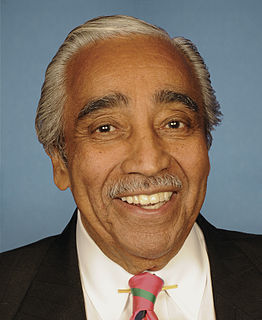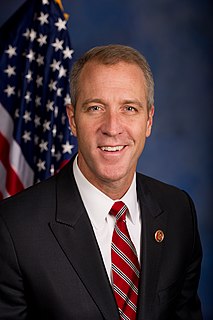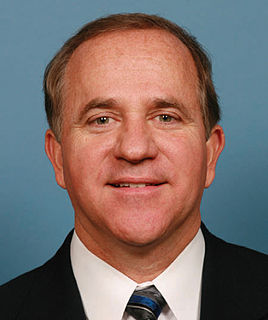A Quote by Charles Rangel
If a young fella has an option of having a decent career or joining the army to fight in Iraq, you can bet your life that he would not be in Iraq.
Related Quotes
You have two nations, Iraq and Iran. And they were essentially the same military strength. And they'd fight for decades and decades. They'd fight forever. And they'd keep fighting and it would go - it was just a way of life. America got in, we decapitated one of those nations, Iraq. I said, "Iran is taking over Iraq." That's essentially what happened.
What is the value of having millions of people in Iraq not having a repressive regime? What is the value of having the Iraqi regime not shooting at UK and US aircraft almost every day? What is the value of the Iraqis having a free press? What is the value of the foreign minister of Iraq going to Paris, calling for an end of the Gadhafi regime and citing Iraq as a model, as an example, that in fact a freer political system can exist in that part of the world?
In my head, thought, I would love to do an interview where it's just sort of de-constructed - the talking points of Iraq - sort of the idea of, is this really the conversation we're having about this war? That if we don't defeat Al Qaeda in Iraq, they'll follow us home? That to support the troops means not to question that the surge could work. That, what we're really seeing in Iraq is not a terrible war, but in fact, just the media's portrayal of it.
There has been a good deal of comment — some of it quite outlandish — about what our postwar requirements might be in Iraq. Some of the higher end predictions we have been hearing recently, such as the notion that it will take several hundred thousand U.S. troops to provide stability in post- Iraq, are wildly off the mark. It is hard to conceive that it would take more forces to provide stability in post-Saddam Iraq than it would take to conduct the war itself and to secure the surrender of Saddam's security forces and his army — hard to imagine.
The latest developments in Iraq are deeply troubling, but as the United States considers military and diplomatic responses to the actions of the Islamic State in Iraq and Syria (ISIS) action, we should be clear that U.S. troops on the ground cannot go a million miles near a sectarian civil war-it's simply not an option.
The Western alliance should have supported the Sunni opposition against the Assad regime from the beginning. As far as Iraq is concerned, if it had stayed stable the way it was in 2008, IS would not have been able to expand in Iraq the way they did. The mistake was that Barack Obama withdrew the armed forces from Iraq too fast.
What matters is that in this Iraq campaign that we clarify the different points of view. And there are a lot of people in the Democratic Party who believe that the best course of action is to leave Iraq before the job is done. Period. And they're wrong. And the American people have got to understand the consequence of leaving Iraq before the job is done. We're not going to leave Iraq before the job is done and we'll complete the mission in Iraq.






























